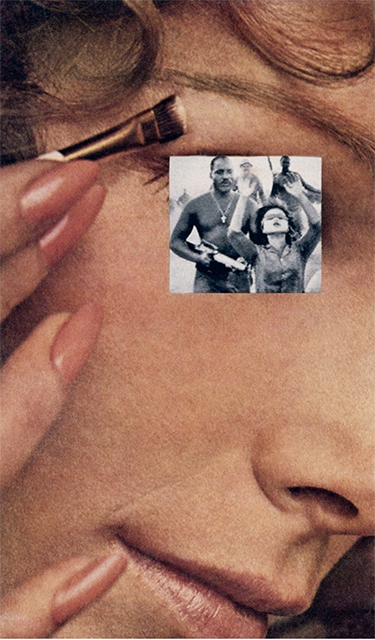I really enjoyed the topic, I love art and have especially enjoyed learning about art in classes at BMCC. I was very intrigued by the Women the 20th Century Contemporary Art scene and I have read on about how many women were doing ground breaking work that were never known of publicly, especially not as their make counterparts were.
The article Why Artistic Activism did not speak to me to be honest. I don’t feel like I came out of it with a real understanding of what Artistic Activism is, no more than I already had figured on my own. I would’ve loved some more specific examples of the art and what it has done, what change and effect it has made. I guess the quote from Audre Lorde sums up my same feeling about the article, “Poetry is the way we help give name to the nameless so it can be thought.” I needed a name to the nameless.
I do think that art as activism is alive and well. It is important because it does communicate messages in a way that, although I wouldn’t agree is always less violent or more peaceful, it’s another form of communication to hopefully have an opportunity to access more people. I think as much as there are some people who need to express themselves through art, there are some people who can digest meaning and understanding better through seeing it in art. Art can be displayed in forums where the viewers who are likely to see it might not go to a more extreme display of activism.
In Why Artistic Activism, “#9 Artistic Activism is Peaceful and Persuasive”, I have often know activist art to be very overt and shocking. I did find it interesting that wasn’t mentioned. It is true that there is no acts of violence, but in the nature of a lot of the art there is a violence. Sometimes that violence is the message. So I actually always have found Artistic Activism to sometimes be very hard to swallow and possibly not the best way to capture all eyes and ear in a way that will help spread a message peacefully.
Either way, it a very great topic and always good to start to think about the voices around me and try to have a new perspective on things.
